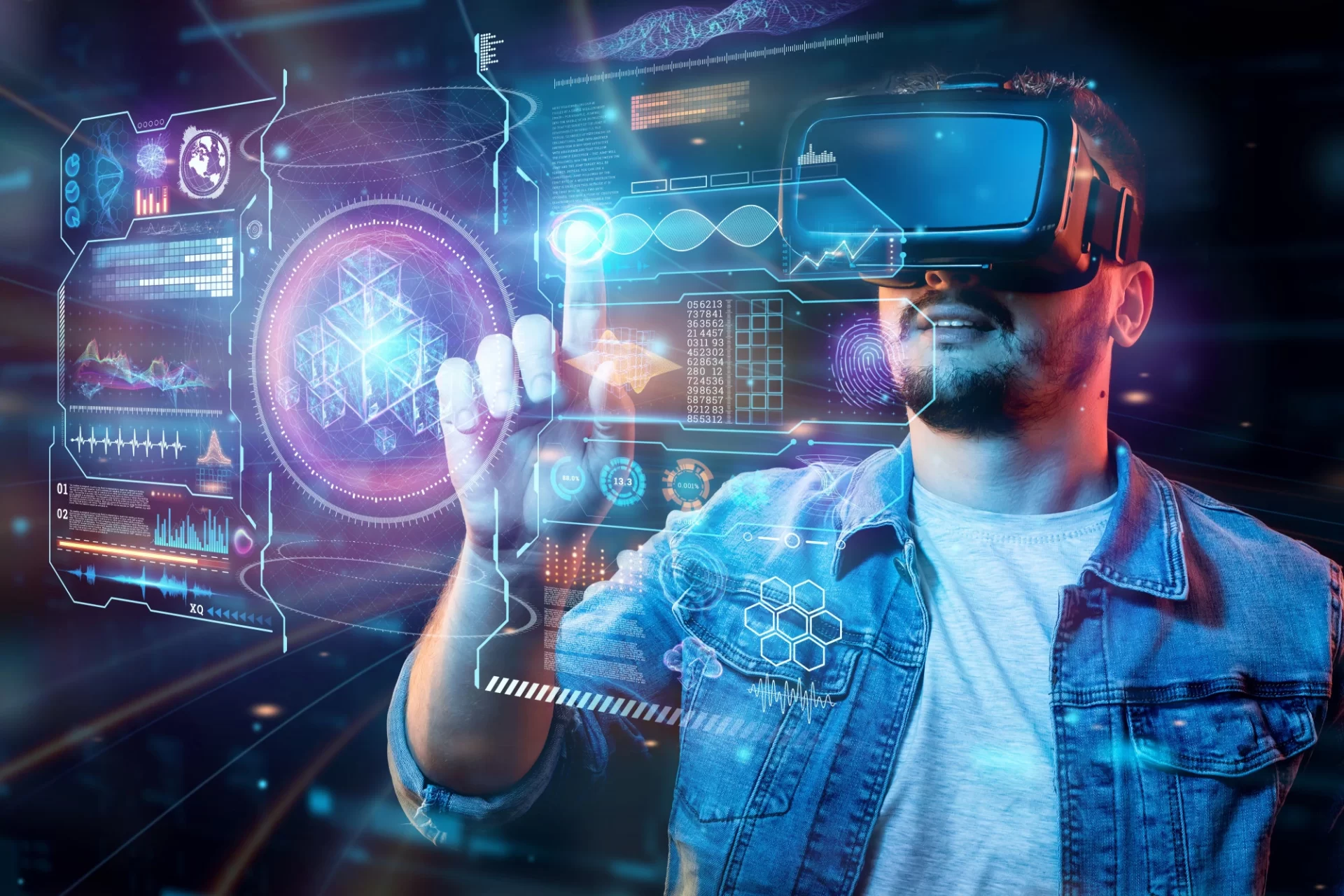Virtual Reality (VR) has been a game-changer in the world of technology, creating immersive experiences that were once only dreamt of. This blog post will delve into the fascinating realm of VR application development, providing a comprehensive guide for those interested in this burgeoning field.
Introduction
Understanding Virtual Reality
Virtual Reality, often referred to as VR, is a simulated experience that can be similar to or completely different from the real world. It is a technology that has been rapidly evolving, with applications ranging from gaming to healthcare. Learn more about VR here.The Rise of Virtual Reality Applications
With the advent of more sophisticated and affordable VR hardware, the development of VR applications has surged. These applications are transforming various sectors, creating immersive experiences that enhance user engagement and satisfaction. Daillac, a leading application development agency, is at the forefront of this revolution.The Basics of Virtual Reality Application Development
Essential Tools and Software
Developing VR applications requires a unique set of tools and software. Unity and Unreal Engine are two of the most popular platforms for creating VR applications, offering powerful features and a wide range of capabilities.Key Skills for VR Developers
VR developers need a strong foundation in computer programming, particularly in languages like C# and C++. Additionally, a good understanding of 3D modeling, computer graphics, and user interface design is crucial.Exploring Different Sectors of VR Application
VR applications are not just limited to gaming. They are making a significant impact in various sectors, enhancing experiences and improving outcomes.VR in Gaming
VR has revolutionized gaming, providing immersive experiences that transport players into the game’s environment. From action games to puzzles, VR has transformed the way we play.VR in Education
VR is also making waves in the field of education, providing interactive learning experiences that enhance understanding and retention. It allows students to explore different scenarios and environments, making learning more engaging and fun.VR in Healthcare
In healthcare, VR is being used for everything from surgical training to patient therapy, providing a safe and controlled environment for both practitioners and patients.VR in Entertainment
From virtual concerts to immersive movies, VR is transforming the entertainment industry, providing unique experiences that are more engaging and interactive.Challenges in VR Application Development
Despite the exciting possibilities, VR application development is not without its challenges.Technological Limitations
While VR technology has advanced significantly, there are still limitations that can impact the quality and realism of VR applications. These include issues with resolution, field of view, and tracking accuracy.Time and Cost Factors
Developing high-quality VR applications can be time-consuming and costly. It requires a significant investment in hardware and software, as well as the time to develop and test the application.User-Friendly Design and Ergonomics
Creating a user-friendly VR application is a complex task. Developers need to consider factorslike user comfort, ease of navigation, and the prevention of motion sickness. Ergonomics plays a crucial role in ensuring that users can comfortably use the VR application for extended periods.The Future of Virtual Reality Application Development
Emerging Trends
As VR technology continues to evolve, we can expect to see new trends emerging in VR application development. These include the use of artificial intelligence in VR, the development of social VR applications, and the integration of VR with other technologies like augmented reality (AR).The Role of VR in Shaping the Future
VR is more than just a technology; it’s a tool that’s shaping the future. It’s transforming how we work, learn, and play, and its potential is only just beginning to be realized. As we look to the future, it’s clear that VR will play a significant role in shaping our digital landscape.

